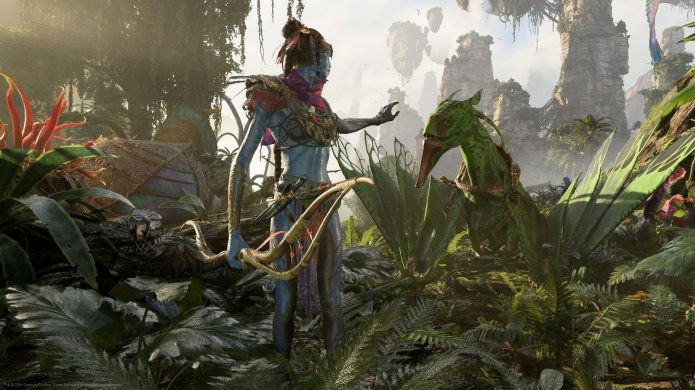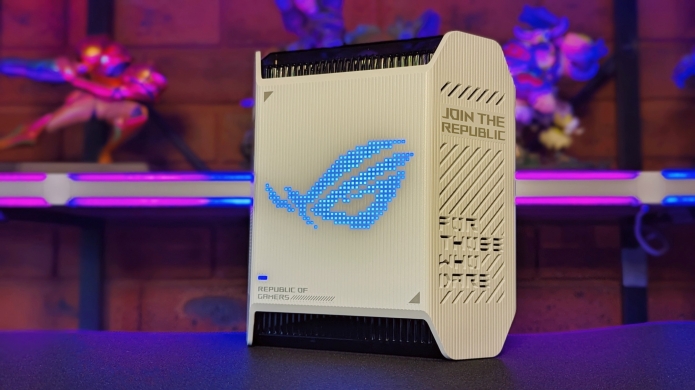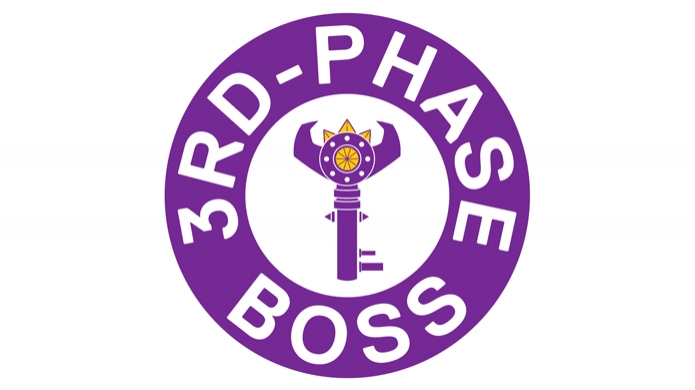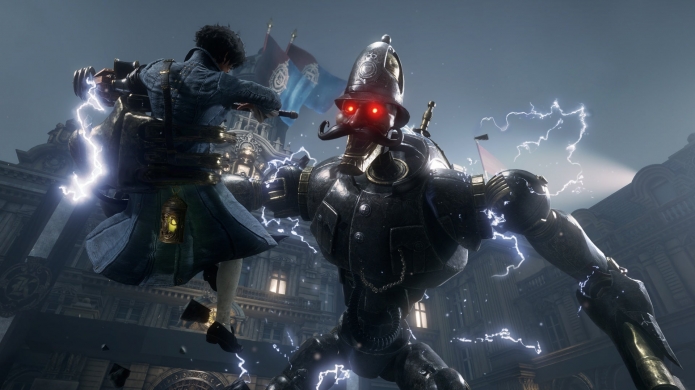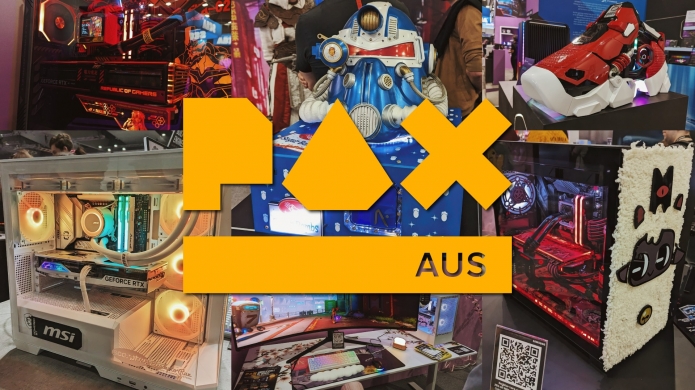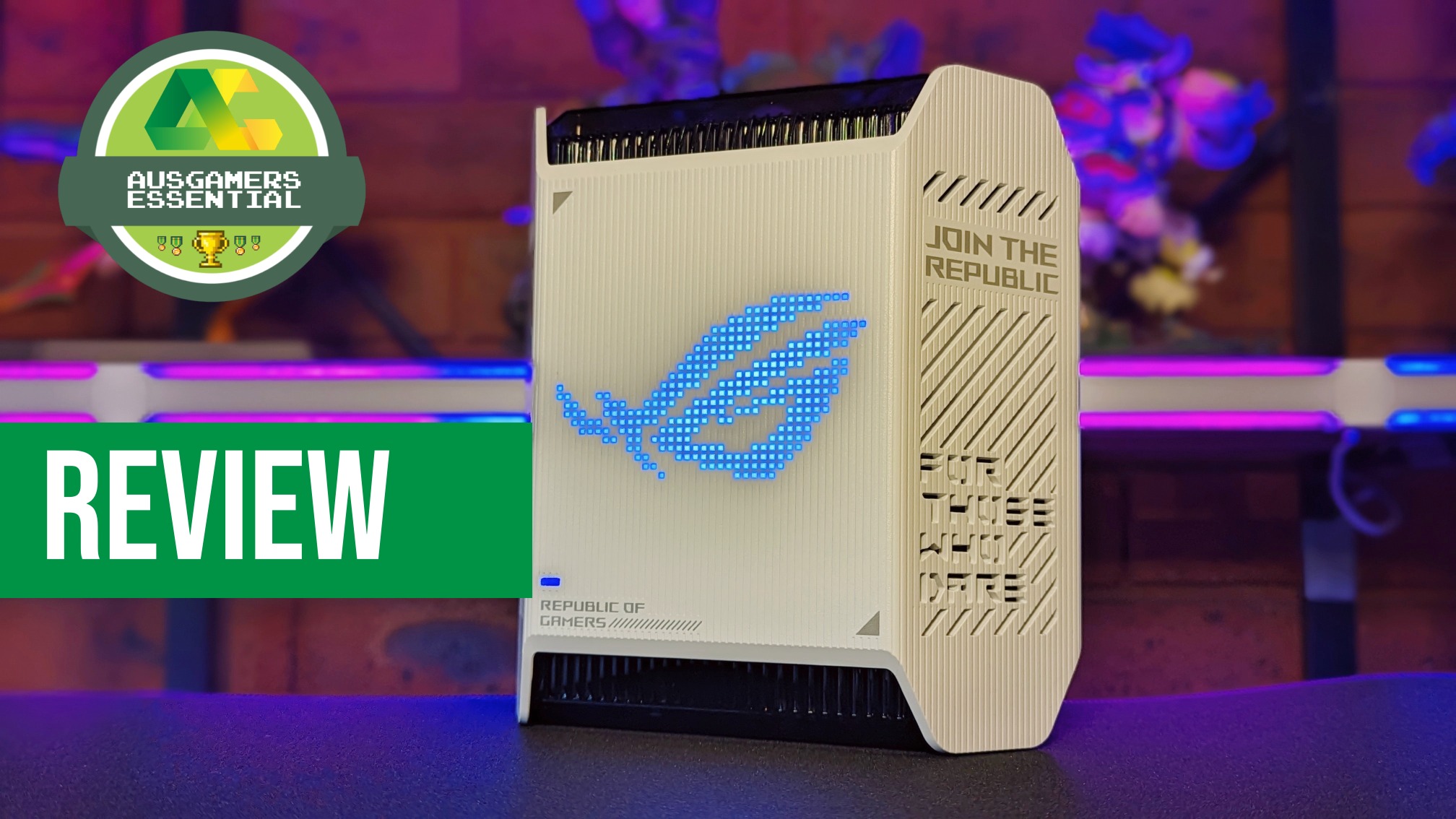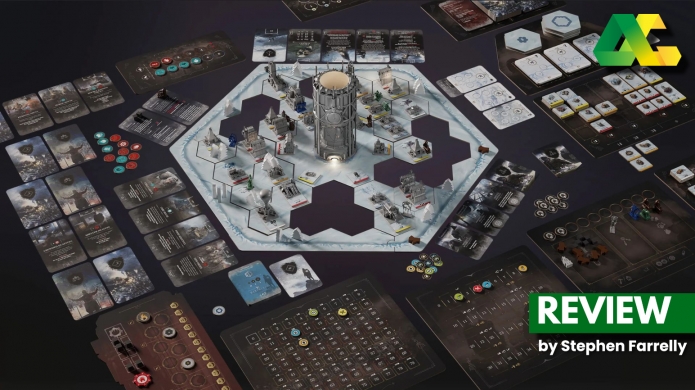Post by Steve Farrelly @ 11:02am 21/03/23 | 0 Comments
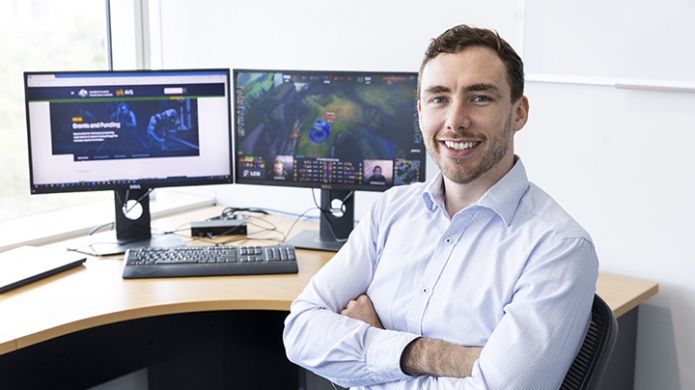
The AIS has had a hand in building and transforming models for elite sports across a number of different fields, but this is the first time it has been done to this capacity for the still relatively new world of professional and elite esports.
Dr Poulus (based in Qld) and fellow researcher Dr Kyle Bennett will collaborate with Federation University, UTAS and the University of Groningen in partnership with Guinevere Esports, the biggest investor in esports in Australia.The findings from this research and the construction of the model will be significant for the world of esports as it becomes an official Olympics event amidst other professional organisations and leagues which are still in transformational phases. Moreover, with the success of the likes of DreamHack, Red Bull Campus Clutch and other major esports championships locally, the hand in hand research will benefit from real-time in-eco data.
‘Preparing the Australian High-Performance system to develop the first gold medal-ready esports athletes’ will learn what factors contribute to a successful performance in esports and develop a model for future success. The team will work with key stakeholders and emerging athletes to identify these key factors so that athletes are better prepared for future international competitions.
They will interview elite esport athletes, coaches, team owners, and support staff both nationally and internationally.
“The project aims to develop a model of esports performance that will inform how the Australian Institute of Sport develops future elite esport players. This is the first time the AIS has funded esports-related research and could reflect the rapid growth of esports competitions and research on an international stage,” said Dr Poulus.
“I have been involved with esports for the past five years and this grant reflects contemporary thinking around the nature and perception of sport.
“Esports continue to grow exponentially, with competition leagues for multi-player games such as League of Legends, DOTA 2 and Counter Strike attracting huge prizemoney and global audiences and fan groups in the millions.
“Luck is not a major element in these games. Like any sport, performance and outcomes are determined by your ability to make complex decisions and perform under extreme pressure.
"We don't yet know what makes the best gamers in the world, so we will talk to the best coaches, players and industry experts to build a model of performance which might then be applied towards Australia's competitive future in esports – perhaps even inclusion in the Brisbane Olympic Games in 2032," Dr Poulus said.
Guinevere Esports CEO, Mr Dave Harris, welcomed involvement with Southern Cross University.
“We’re really pleased to be involved in this important piece of work co-funded by the AIS, framing the requirements for elite esports competition and investigating how talent can best be developed,” he said.
The project will be undertaken over the next 12 months.
"This work aligns with a key priority outlined in Australia’s High Performance 2032+ Sport Strategy to deliver world-leading knowledge, innovation and practice to ensure our athletes, coaches and performance support can work as high functioning performance teams," said AIS Executive General Manager Matti Clements.
Latest Comments


